T4K3.news
Frankenstein bunnies spotted in Colorado
Wild rabbits with facial growths linked to CRPV found in Fort Collins prompt pet owners to take precautions.

Frankenstein rabbits with tentacle like facial growths spotted in Fort Collins prompt pet owners to take precautions.
Frankenstein bunnies with face tentacles spotted in Colorado spark pet warning
In Fort Collins, Colorado, wildlife photographers captured rabbits with raised facial growths that resemble tentacles. Authorities identified the condition as Cottontail Rabbit Papillomavirus, also called Shope Papillomavirus. The virus spreads mainly through mosquitoes and ticks and can progress to carcinoma, a type of skin cancer, in affected rabbits.
Public health officials note that humans cannot be infected with CRPV. However, domestic rabbits face a much higher cancer risk from CRPV, with studies indicating pet rabbits are 66 percent to 80 percent more likely to develop cancer within eight to 14 months. Veterinarians advise quarantine for new rabbits, regular cage cleaning, shielding from insects, and avoiding scratching lesions to reduce spread. There is no vaccine for CRPV, so prevention relies on careful husbandry and keeping domestic rabbits away from wild rabbits and insect exposure.
Key Takeaways
"I would freak out if I saw it irl without knowing what it is"
Reddit reaction to the photos
"That’s some nightmare alien zombie sort of thing"
Another online reaction
"we can't be infected with CRPV"
Public health note about human risk
"With prompt diagnosis, surgical removal, and preventive measures, most affected rabbits live well"
Veterinary guidance on outcomes
The sight of unusual rabbits online shows how wildlife news becomes a social moment. Even when the direct risk to people is low, images can provoke fear and quick judgments. Clear, calm guidance from health and wildlife officials matters more than sensational reactions.
The case also spotlights pet ownership and animal welfare. Domestic rabbits are more vulnerable to CRPV-driven cancer, underscoring the need for veterinary support and responsible quarantine practices. If the public treats the story as spectacle rather than a health alert, the deeper lessons about disease prevention and animal care can be lost.
Highlights
- That’s some nightmare alien zombie sort of thing
- I would freak out if I saw it irl without knowing what it is
- we can't be infected with CRPV
- With prompt diagnosis, surgical removal, and preventive measures, most affected rabbits live well
Public health and pet welfare risk from CRPV in Colorado
The story centers on a wildlife disease that mainly affects rabbits but raises concerns among pet owners. While humans cannot be infected, domestic rabbits face a higher risk of cancer from CRPV, making pet health and indoor management a key issue. Public reaction can amplify fear or misinformation, so officials should provide clear guidance on quarantine, cage hygiene, and insect protection.
Vigilance and veterinary guidance will keep pets safe as science learns more.
Enjoyed this? Let your friends know!
Related News
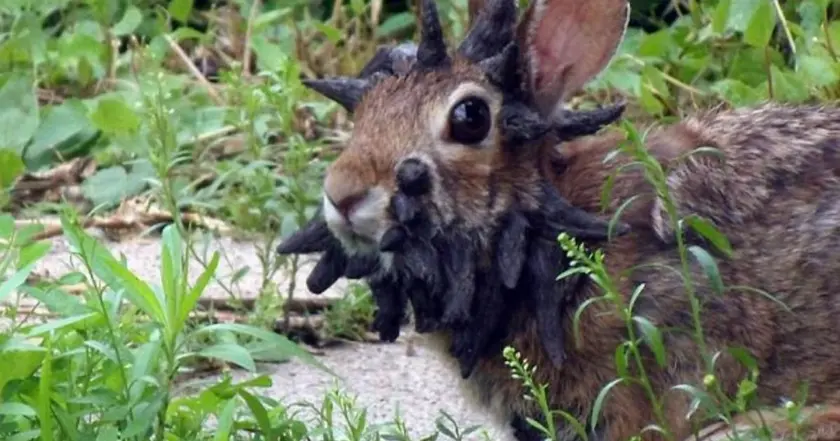
Virus turns CO rabbits into horned Frankenbunnies

Unusual rabbits in Fort Collins prompt health guidance
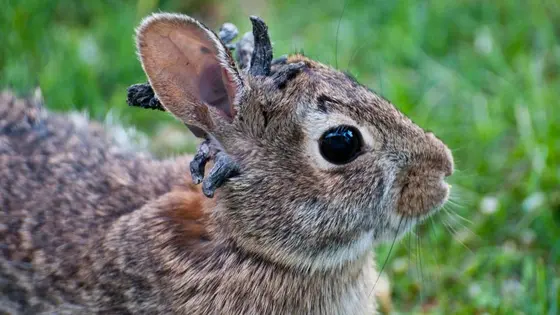
Rabbits with hornlike growths in Colorado

Frankenstein rabbits alert
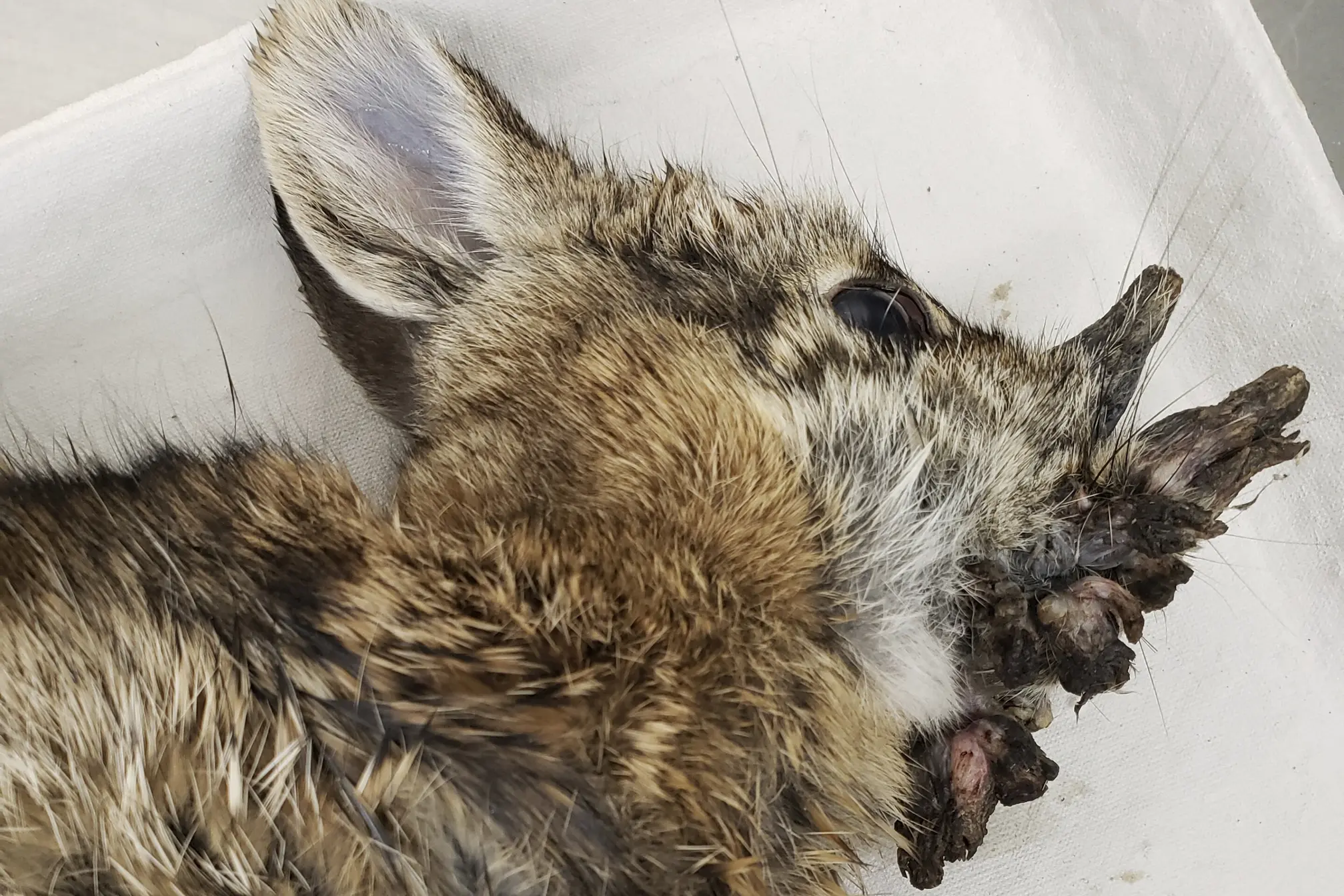
Colorado rabbits show hornlike growths linked to a common virus
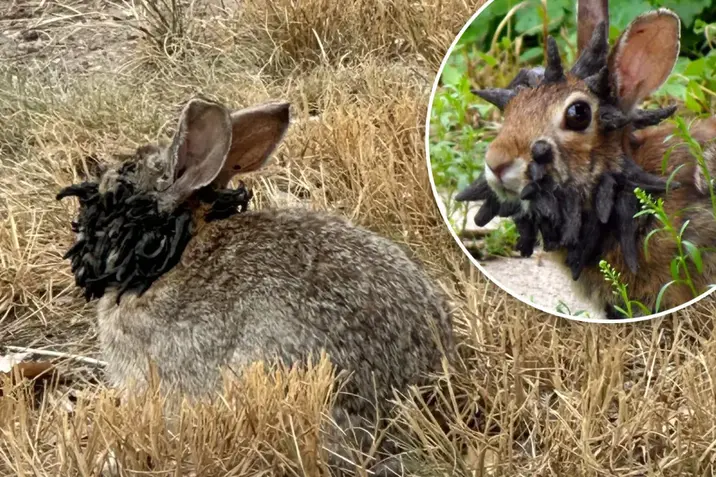
Frankenbunnies in Colorado raise wildlife health questions
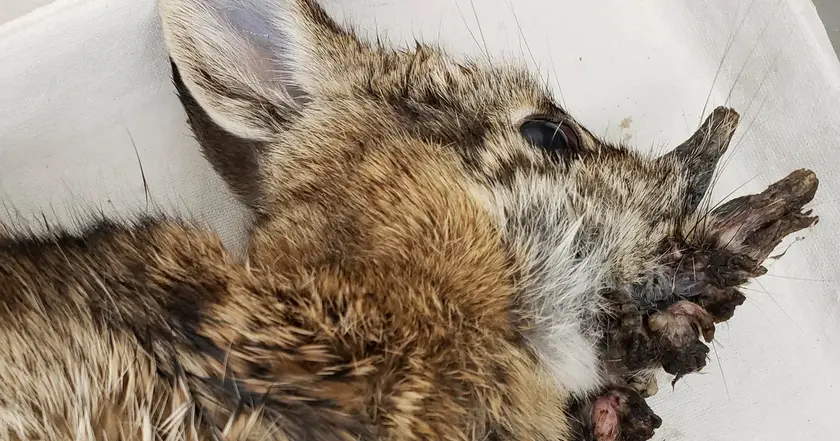
Colorado rabbits grow hornlike growths from a common virus
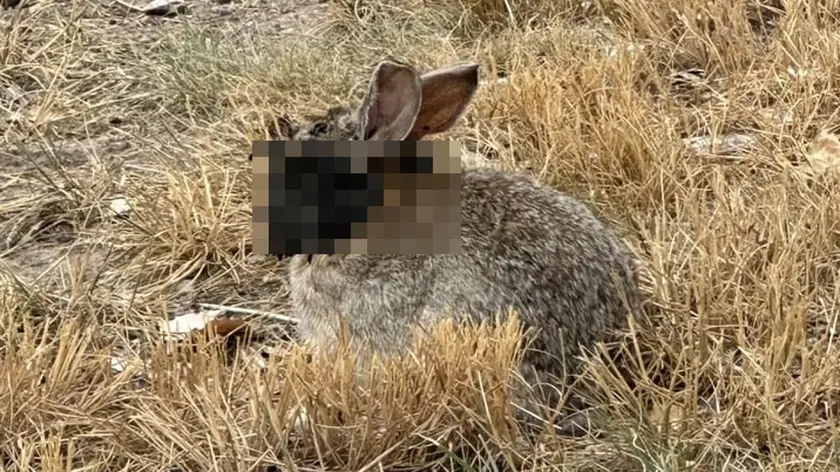
Frankenstein rabbits spotted in Colorado
